IRSD PROJECTS
COMMUNITY SERVICE PROJECT
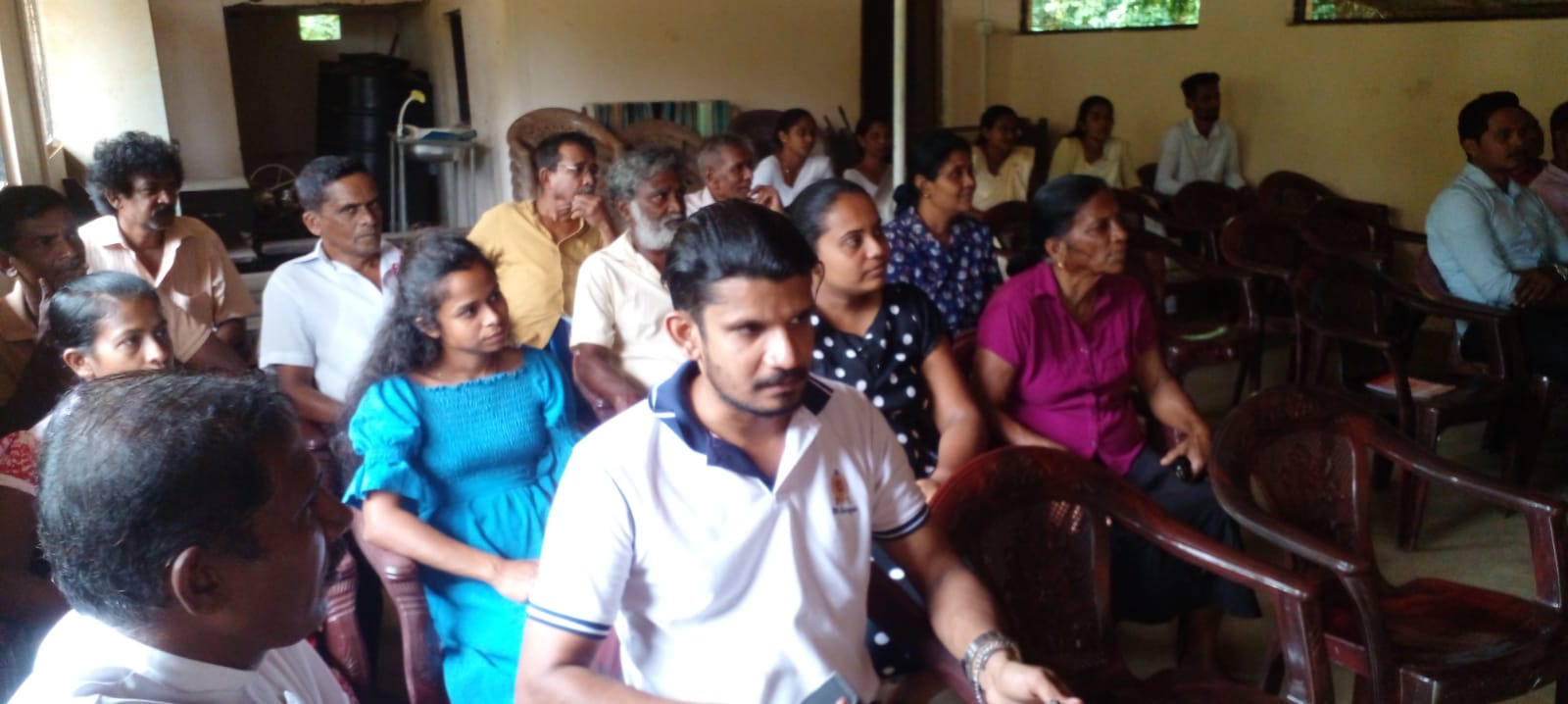
Vision: Fostering social cohesion, economic growth, and overall well-being.
This project was initiated by IRSD to be implemented in Muriyakadawala village, located within the Thirappane Divisional Secretariat in the Anuradhapura District. It is a collaborative effort with SLASRO’s Kandy District Forum and the Thirappane Divisional Secretariat. The project's aim is to empower marginalized communities by implementing sustainable initiatives that enhance psychological well-being and create positive social change. Specific goals include addressing key social issues, organizing women’s and youth societies for participation in village development activities, improving agricultural practices, fostering entrepreneurial skills, collaborating with government and stakeholders, and promoting ethnic harmony. The project aligns with the theme:
"Volunteering allows us to connect to our community and make it a better place. Even helping with the smallest tasks can make a real difference in the lives of those in need."
Village Overview:
- Population: 588 (291 males, 315 females)
- Subsidy Beneficiaries: 68 (Aswesuma and Samurdhi)
- Households without Permanent Housing: 32
- Families without Sanitation and Electricity: 33
- Individuals Needing Special Care: 20
- Primary School: 28 students (up to Grade 5)
Agriculture is the primary livelihood, with some engagement in animal husbandry. However, due to subsistence farming practices, many villagers struggle to meet basic needs. A significant portion of the population relies on government aid, and the village lacks critical infrastructure, such as proper housing and utilities.
There is also a high rate of school dropouts, driven by poverty and the remote location of the village from major development areas like Anuradhapura. Nevertheless, the village's proximity to several tourist attractions presents opportunities for economic growth through tourism.
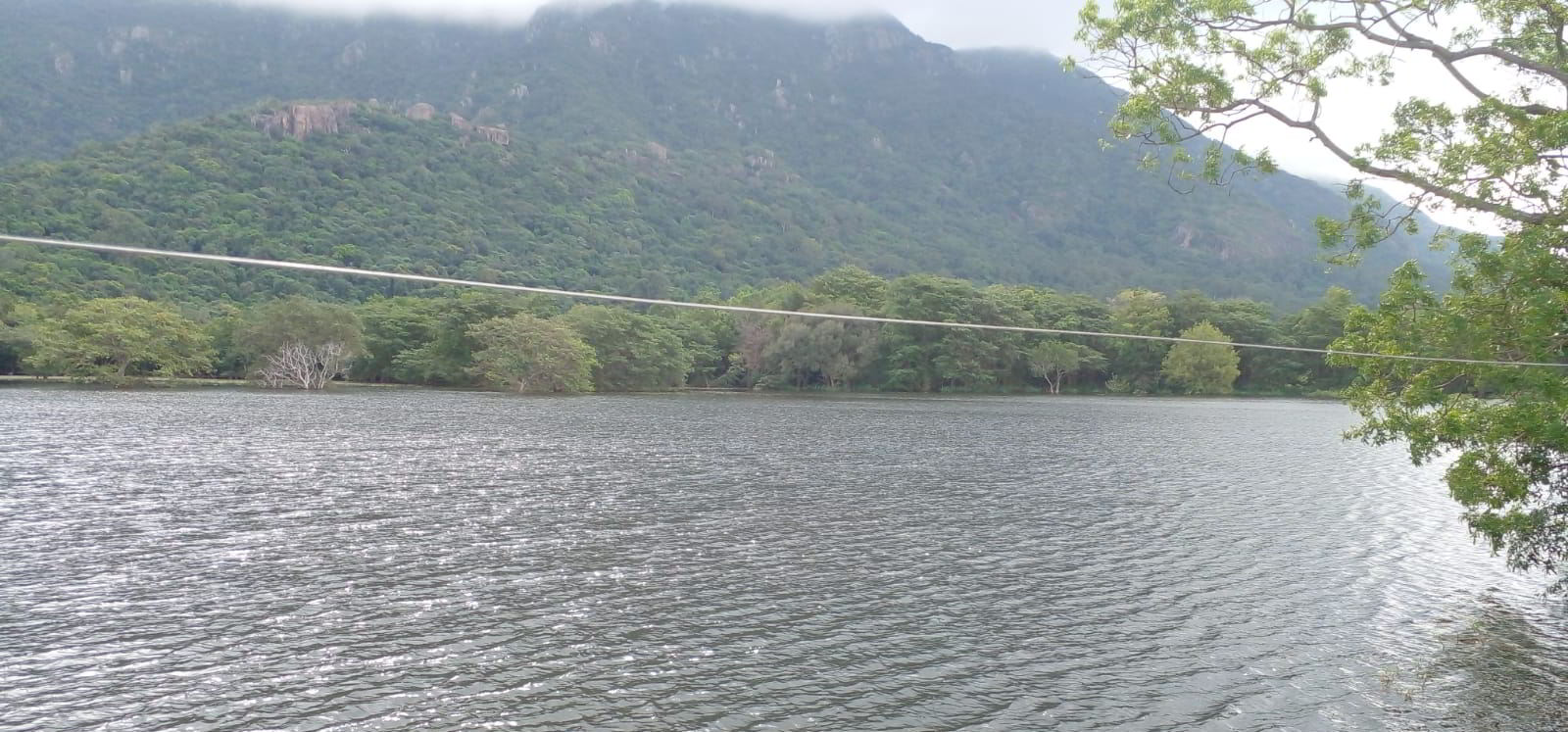
Village Selection:
The decision to select Muriyakadawala for the community service project was made during a committee meeting of SLASRO’s Kandy District Forum. Based on recommendations from the Thirappane Divisional Secretary, the village was chosen due to its high concentration of low-income families and its need for targeted support through community service initiatives.
Key Issues Identified:
Following a field visit and discussions with village leaders, divisional secretariat officials, and SLRO members, the following challenges were identified:
- Widespread poverty
- Inadequate school supplies and support
- Lack of parenting knowledge for raising productive adults
- Family issues due to ignorance
- High unemployment rates
- Limited vocational training opportunities
- Lack of access to modern technology for agriculture and livestock
- Inactive Community-Based Organizations (CBOs)
- Limited awareness of business opportunities and market access
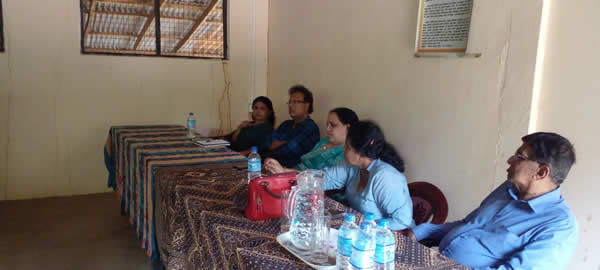
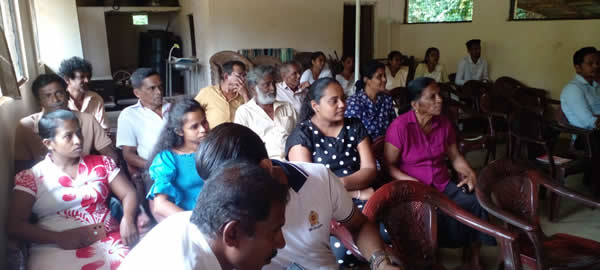
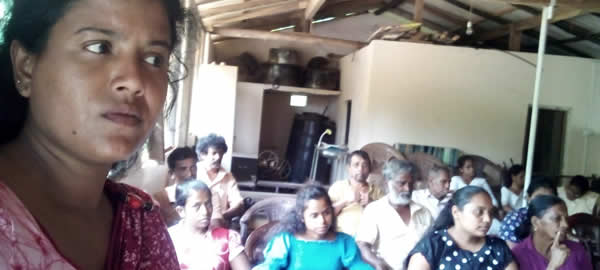
Proposed Project Activities:
- Conduct workshops to enhance psychological well-being and promote positive social change.
- Promote ethnic harmony through community engagement sessions.
- Form youth and women’s societies to foster leadership and participation in village development.
- Provide school supplies and activity room equipment for the primary and pre-schools.
- Collaborate with the tourism sector to explore employment opportunities in Anuradhapura’s hospitality industry.
- Supply sports equipment to encourage youth participation in sports and physical activity.
- Support 20 farmers in developing home gardens and starting new agro-business ventures.
- Collaborate with government agencies to improve infrastructure as requested by the community.
Expected Outputs and Outcomes:
- Improved community well-being and positive social change.
- Strengthened unity and happiness among villagers.
- Increased access to higher education for students.
- Enhanced employment opportunities in the tourism sector.
- Promoted physical health through youth sports activities.
- Boosted self-confidence in business and entrepreneurial ventures.
- Reduced poverty and the number of low-income families.
- Enhanced environmental sustainability within the village.
